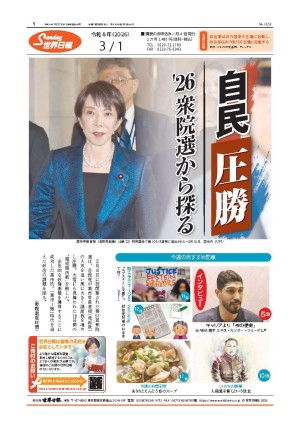イランは核査察官らを欺いている-反体制組織が警告/‘Top secret’ Iranian committee lying to nuclear inspectors, dissidents warn
イラン反体制派組織は、イラン政府が、今夏の核合意を実施する国連査察官をあざむこうとしており、「極秘委員会」を設置し、査察機関である国際原子力機関(IAEA)ににせ情報を提出したと指摘した。
イラン国家抵抗委員会(NCRI)によると、この極秘委員会はイスラム革命防衛隊、国防省国防軍兵站部の幹部で構成され、秘密核開発計画軍事部門の「隠蔽工作に取り組んでいる」という。
2日に記者団にNCRIが発表したが、事実確認は今のところできていない。
...【全文を読む】







